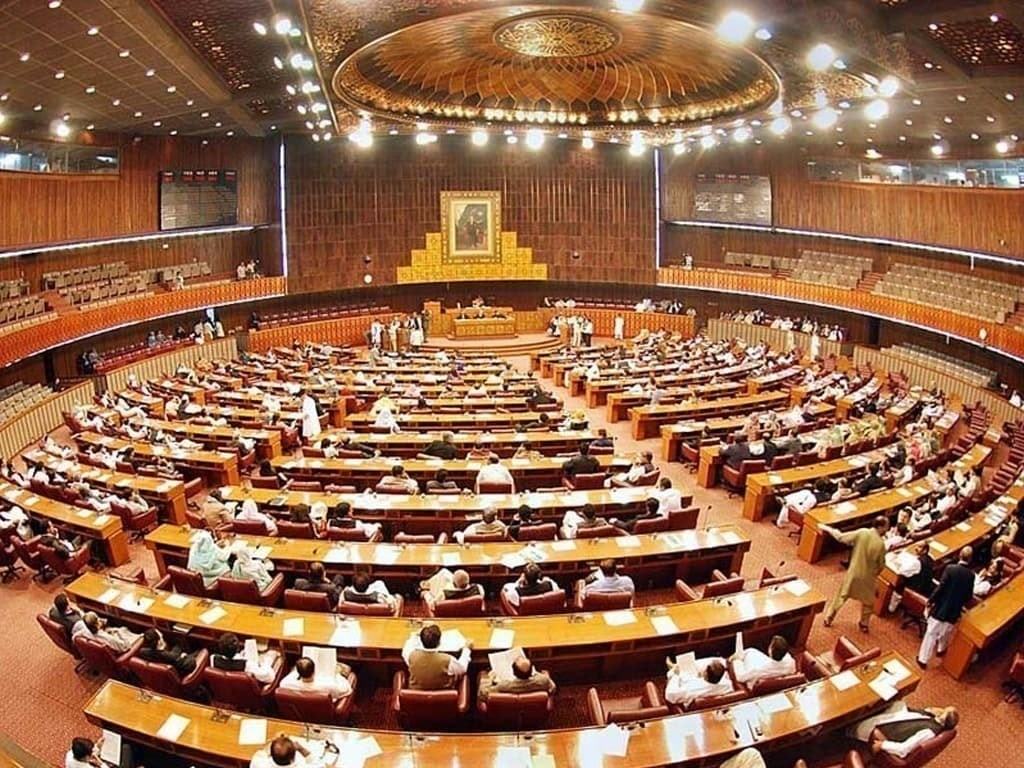Mohsin Siddiqui (Chief Reporter)
In a significant development, the Speaker of the Provincial Assembly suspended 24 women and three minority Members of Provincial Assembly (MPAs), dealing a blow to the ruling coalition in Punjab. The suspension comes after a point of order raised by a PTI-backed Sunni Ittehad Council (SIC) leader during house proceedings.
Of the suspended members, 23 belong to PML-N, two to PPP, and one each to PML-Q and IPP. The decision, announced by Speaker Malik Mohammad Ahmed Khan, follows deliberations with the provincial law department and advocate general.
The suspended MPAs were deemed ineligible to participate in house proceedings immediately upon the Speaker’s ruling. The move comes in response to a dispute over the allocation of reserved seats, initiated by opposition lawmaker Rana Aftab.
The suspension affects the coalition’s strength in the National Assembly as well. President Asif Ali Zardari has convened a session on Monday, where SIC members may seek similar rulings from Speaker Ayaz Sadiq.
The Election Commission of Pakistan’s (ECP) decision to allocate reserved seats has led to discontent within the coalition. Initially withheld notifications for 23 reserved seats have been a point of contention, particularly regarding PTI-backed independents joining the SIC.
Despite the ECP’s allocation of seats to ruling coalition parties, including PML-N and PPP, disputes persist over the distribution of seats among various factions.
In the Khyber Pakhtunkhwa Assembly, a similar scenario unfolds, with PTI-backed independents securing a significant majority. However, the distribution of reserved seats among political parties remains contentious, affecting the overall composition of the assembly.
As the situation unfolds, political dynamics within assemblies are likely to shift, impacting the balance of power and decision-making processes. The coming sessions will be crucial in determining the coalition’s stability and effectiveness in governing.




